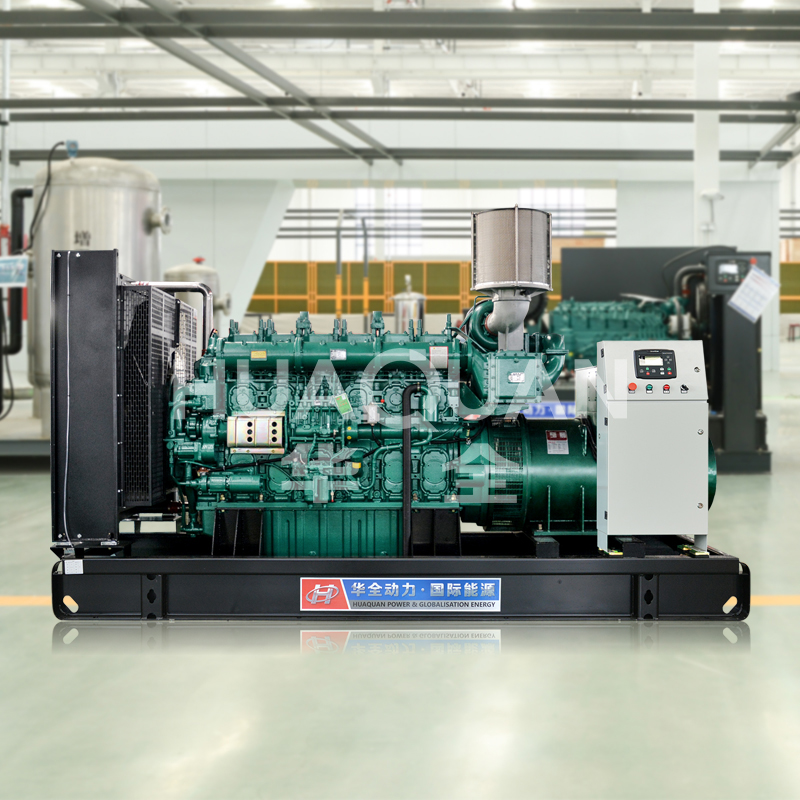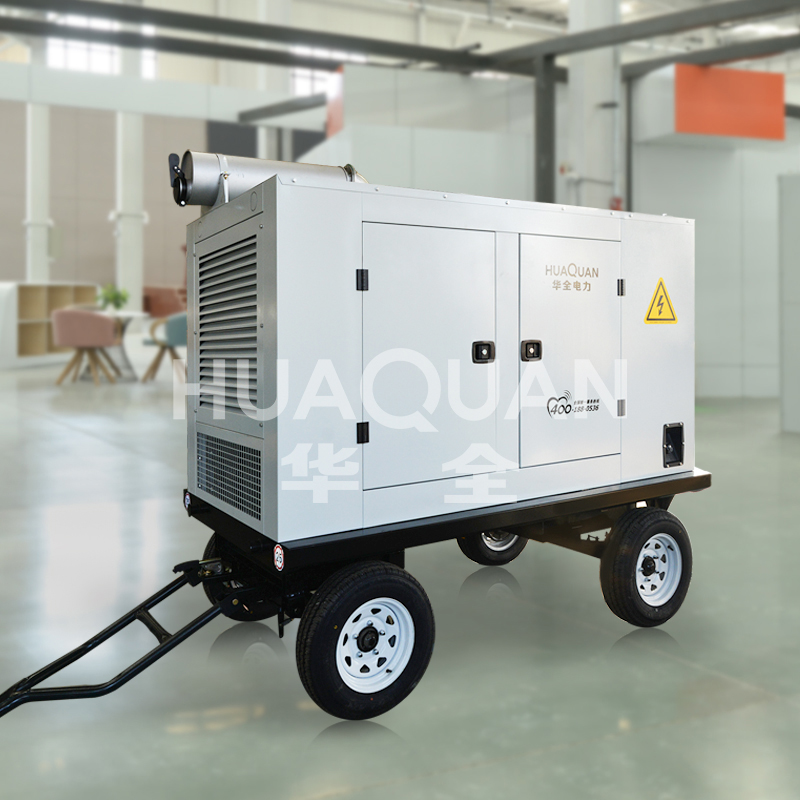2025-08-15Browse Index:
A backup generator is a power supply device. It plays an important role in ensuring operational continuity during electrical interruptions. When the main power supply fails, the backup generator automatically kicks in, bridging the gap until grid supply is restored.

1. Emergency Power Supply
The core purpose of a backup generator is to provide immediate electricity during outages. Hospitals, data centers, and manufacturing plants rely on them to sustain life-saving equipment, server operations, and production lines without interruption.
2. Voltage Stabilization
Backup generators regulate inconsistent voltage from unstable grids, preventing damage to sensitive machinery. This function is particularly vital for laboratories and telecom facilities where precision instruments require steady power flow.
3. Disaster Preparedness
In hurricane-prone areas or regions with aging infrastructure, backup generators form the backbone of disaster response plans. They empower emergency shelters, water treatment plants, and communication hubs to function independently of grid failures.
4. Financial Loss Prevention
For businesses, even brief power interruptions can cause massive revenue loss. Backup generators minimize downtime for refrigeration systems, security apparatus, and transaction platforms, protecting both assets and reputation.
5. Residential Security
Modern homes increasingly integrate backup generators to maintain climate control, medical devices, and lighting during prolonged blackouts, ensuring family safety and comfort.

By fulfilling these roles, backup generators transform from mere contingency devices into strategic infrastructure components. Their silent vigilance safeguards productivity, health, and community resilience wherever electricity is non-negotiable.
More information about backup generator: https://huaquanpower.com/





